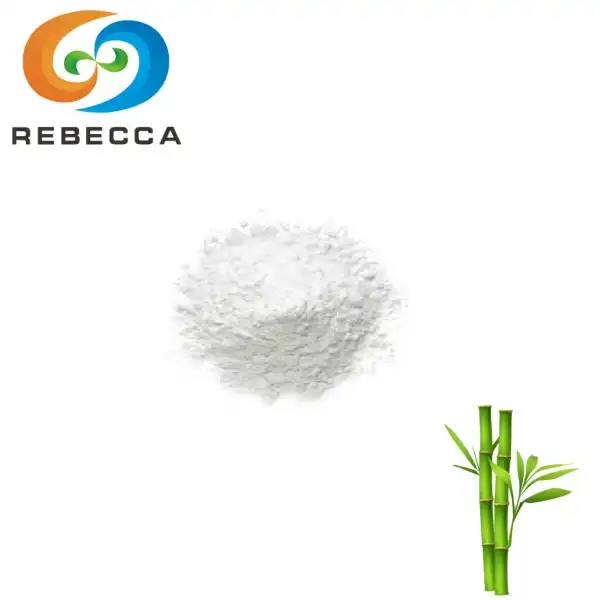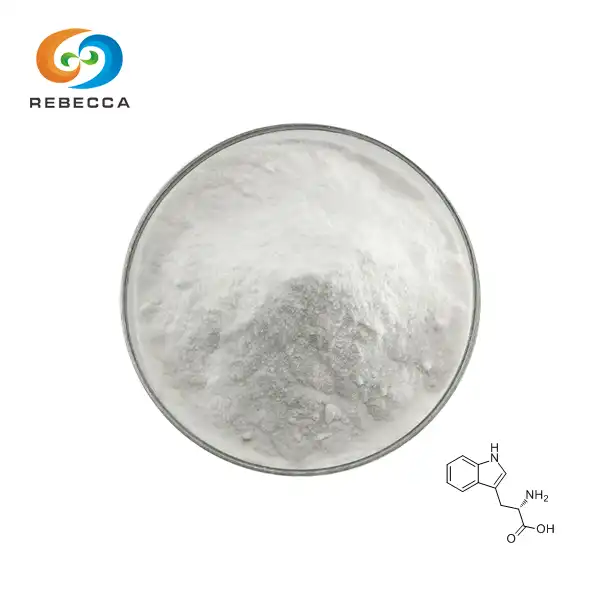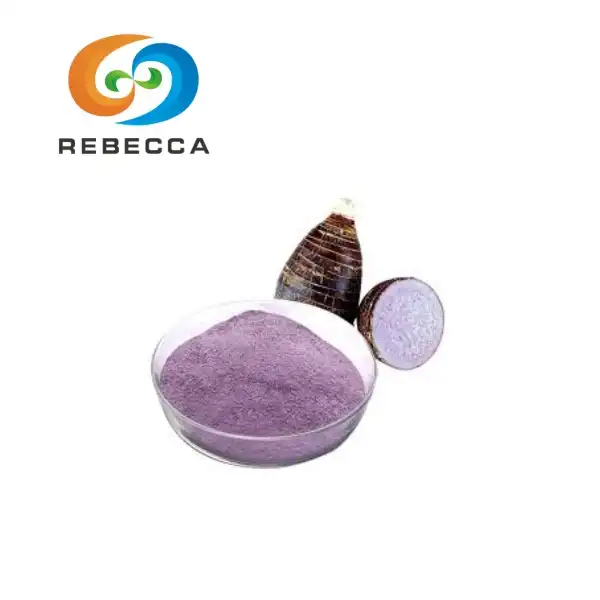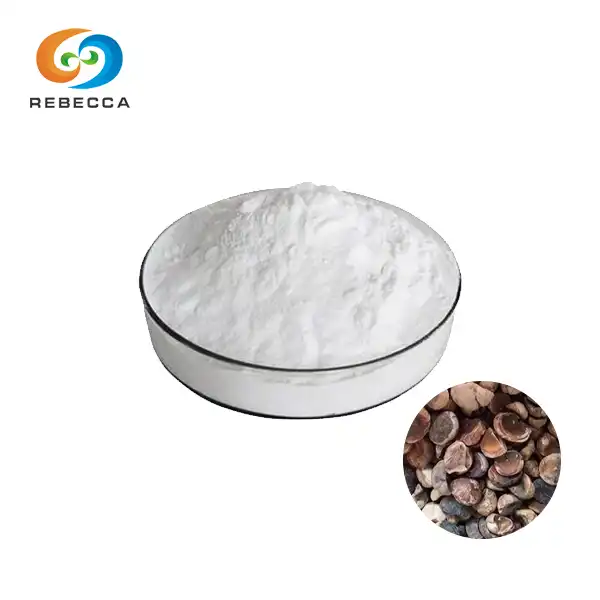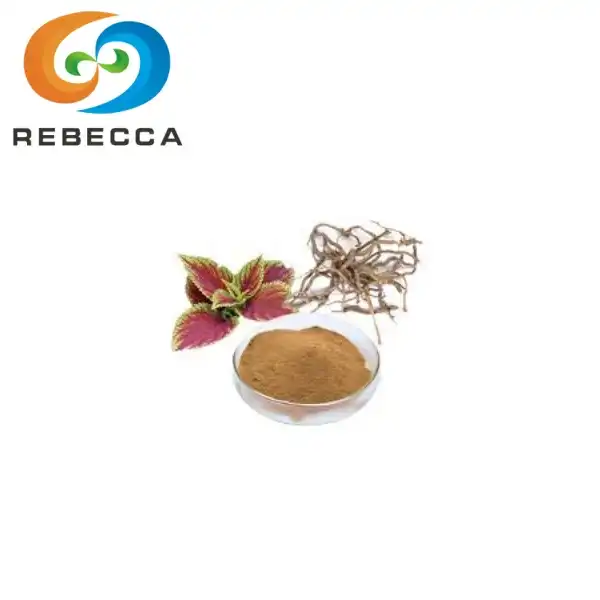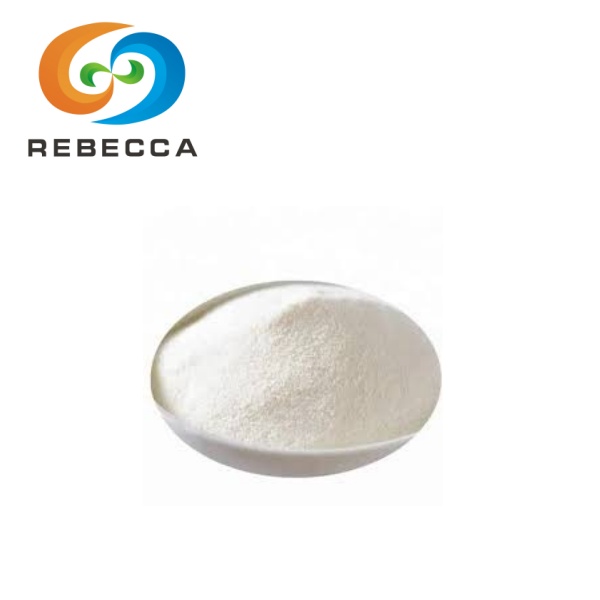How to Take Glutathione Effectively?
Glutathione powder, often hailed as the body's master antioxidant, plays a crucial role in maintaining overall health and wellness. This powerful molecule, composed of three amino acids - glycine, cysteine, and glutamic acid - is naturally produced by our bodies. However, factors like stress, poor diet, and environmental toxins can deplete our glutathione levels, making supplementation an attractive option for many. In this comprehensive guide, we'll explore how to take glutathione effectively to maximize its benefits and support your health journey.
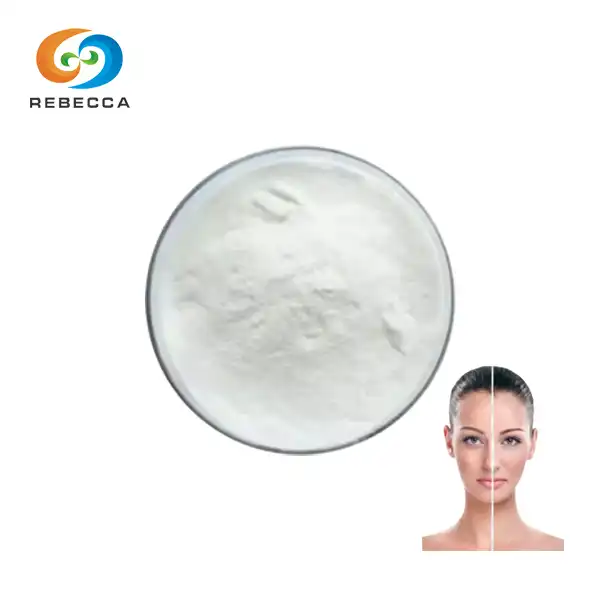
Product Name:Glutathione
CAS No.: 70-18-8
Molecular Formula:C10H17N3O6S
Specification:≥98%
Appearance: White powder
Function: Antioxidant, promote metabolism
Optimal Dosage: Finding Your Perfect Balance
When it comes to glutathione supplementation, finding the right dosage is key to experiencing its full potential. The optimal amount can vary depending on individual factors such as age, health status, and specific health goals.
Starting with a Base Dose
For those new to glutathione powder supplementation, it's advisable to start with a conservative dose of 250–500 mg per day. This cautious approach allows your body to gradually acclimate to the supplement while minimizing the risk of potential side effects. Starting low and slow helps ensure better tolerance and safety. As you observe how your body responds, you can gradually increase the dosage if needed to achieve desired benefits.
Tailoring Your Intake
Some individuals, especially those dealing with chronic health conditions or facing increased oxidative stress, may benefit from higher doses of glutathione powder. In such cases, daily intakes ranging from 1000 to 3000 mg may be appropriate. However, embarking on a high-dose regimen should always be done under the supervision of a healthcare professional to ensure safety and to monitor for any possible adverse effects or interactions.
Listening to Your Body
It's important to pay close attention to how your body responds when taking glutathione supplements. Some users report improvements in energy levels, enhanced skin health, or better cognitive function. Others might notice positive changes in their body's detoxification processes. These personal observations can guide you in fine-tuning your dosage to optimize the benefits while minimizing any unwanted effects.
Timing Matters: Best Hours for Absorption
The timing of your glutathione intake can significantly impact its absorption and effectiveness. By strategically planning when you take your supplement, you can maximize its benefits and support your body's natural rhythms.
Morning Magic
Many experts recommend taking glutathione on an empty stomach in the morning, roughly 30 minutes before breakfast. This timing aligns with your body's natural detoxification and antioxidant defense processes, which tend to be most active during the early hours of the day. Additionally, consuming glutathione when your stomach is empty may improve its absorption, as there's less competition from food and other nutrients being digested simultaneously.
Evening Support
For some individuals, an evening dose of glutathione powder can also be beneficial, particularly to support the body's natural overnight repair, regeneration, and cellular recovery processes. If you choose to take it in the evening, it's best to wait at least two hours after your last meal. This helps minimize interference from digestion and ensures that the supplement is absorbed as efficiently as possible.
Split Dosing Strategy
If you're using a higher daily dose of glutathione, consider splitting it into two or three smaller doses spaced throughout the day. This split-dosing approach may help keep your glutathione levels more stable and consistent over time, which can enhance its overall effectiveness. By maintaining a steady supply, your body can better utilize its antioxidant and detoxification benefits.
Pairing for Power: Enhancing Glutathione's Effects
While glutathione is potent on its own, certain combinations can amplify its benefits and improve its absorption. By strategically pairing glutathione with complementary nutrients and lifestyle practices, you can create a synergistic effect that boosts your overall health.
Vitamin C Synergy
Vitamin C is a powerful antioxidant that works synergistically with glutathione to protect cells from oxidative stress. It plays a critical role in recycling oxidized glutathione back into its active, usable form, effectively prolonging its antioxidant lifespan in the body. To enhance these effects, consider adding 500–1000 mg of vitamin C alongside your daily glutathione supplement as part of a comprehensive antioxidant support strategy.
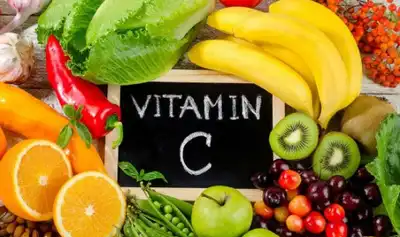
N-Acetyl Cysteine (NAC) Support
NAC serves as an important precursor to glutathione powder, helping the body naturally replenish and maintain healthy levels of this essential antioxidant. Taking approximately 600–1800 mg of NAC daily may complement your glutathione supplementation routine by boosting endogenous production. This combination can strengthen your overall antioxidant defense system and improve resilience against oxidative damage from stress and environmental factors.
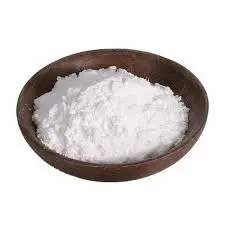
Alpha-Lipoic Acid Addition
Alpha-lipoic acid is another potent antioxidant that can work together with glutathione to support detoxification and cellular protection. It not only helps regenerate glutathione but also revitalizes other antioxidants like vitamin C and vitamin E. Adding a daily dose of about 300–600 mg of alpha-lipoic acid to your supplement regimen may enhance the overall effectiveness of glutathione, contributing to healthier aging and improved metabolic function.
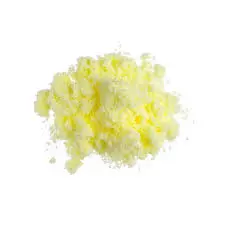
Lifestyle Synergies
Beyond supplementation, certain lifestyle practices can enhance glutathione's effects. Regular exercise, adequate sleep, and stress management techniques like meditation can all support your body's glutathione production and utilization. Additionally, consuming a diet rich in sulfur-containing foods like garlic, onions, and cruciferous vegetables can provide the building blocks for glutathione synthesis.
Conclusion
Taking glutathione powder effectively involves finding the right dosage, timing your intake strategically, and creating synergistic combinations with other nutrients and lifestyle practices. By following these guidelines and listening to your body, you can harness the full potential of this powerful antioxidant to support your health and wellness goals. Remember, while glutathione supplementation can be beneficial for many, it's always wise to consult with a healthcare professional before starting any new supplement regimen, especially if you have existing health conditions or are taking medications.
For more information about our high-quality glutathione powder and other natural herbal extracts, please contact us at information@sxrebecca.com. Our team of experts is ready to assist you in finding the perfect solution for your health and wellness needs.
References
1. Johnson, A. R., & Townsend, D. M. (2021). Glutathione in health and disease: A comprehensive review. Nutrients, 13(2), 579.
2. Pizzorno, J. (2014). Glutathione! Integrative Medicine: A Clinician's Journal, 13(1), 8-12.
3. Sinha, R., & Sinha, I. (2020). Glutathione supplementation: A comprehensive review of its effects on human health and performance. Journal of Functional Foods, 75, 104225.
4. Polonikov, A. (2020). Endogenous deficiency of glutathione as the most likely cause of serious manifestations and death in COVID-19 patients. ACS Infectious Diseases, 6(7), 1558-1562.
5. Sekhar, R. V., Patel, S. G., Guthikonda, A. P., Reid, M., Balasubramanyam, A., Taffet, G. E., & Jahoor, F. (2011). Deficient synthesis of glutathione underlies oxidative stress in aging and can be corrected by dietary cysteine and glycine supplementation. The American Journal of Clinical Nutrition, 94(3), 847-853.
_1730691017423.webp)




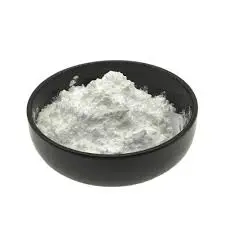







_1735529080429.webp)
